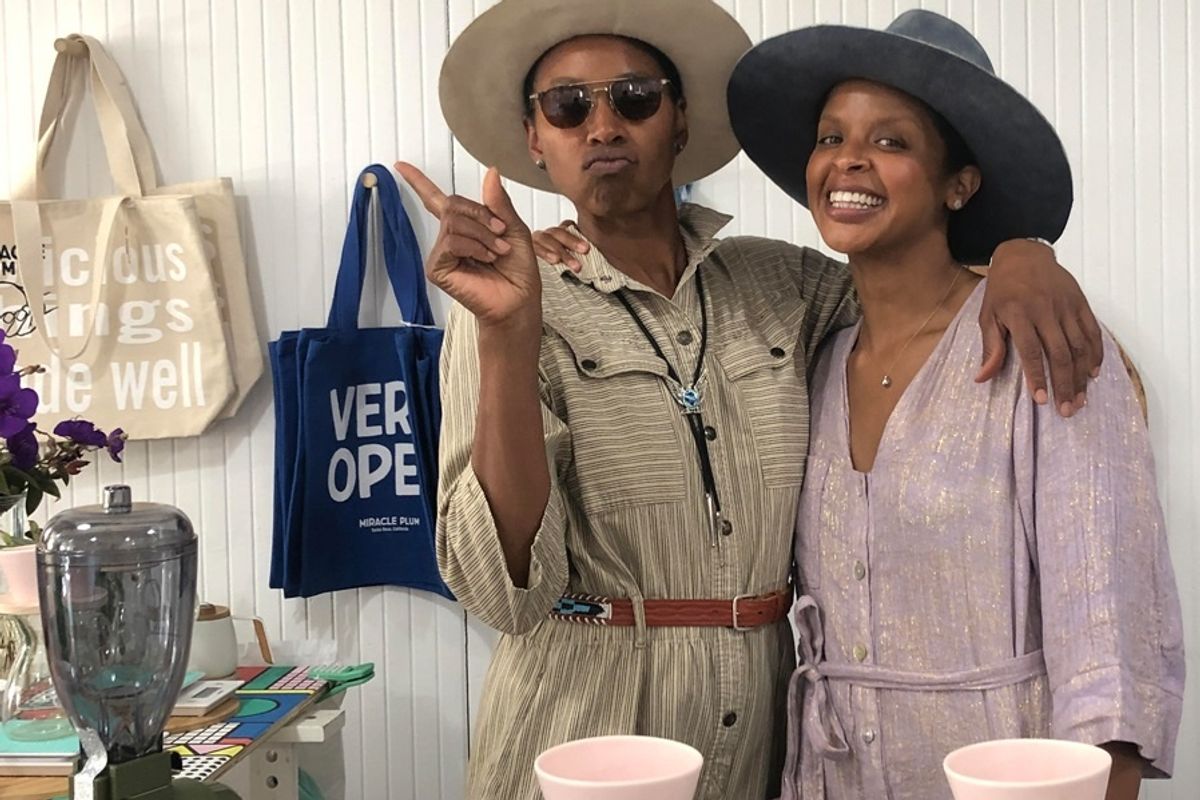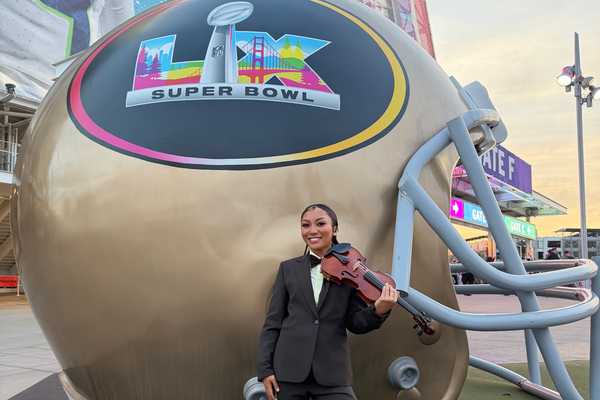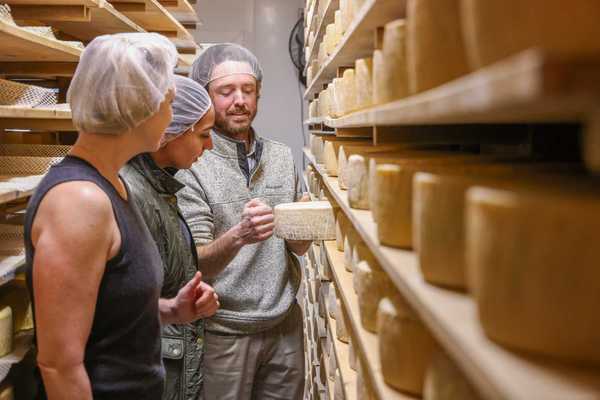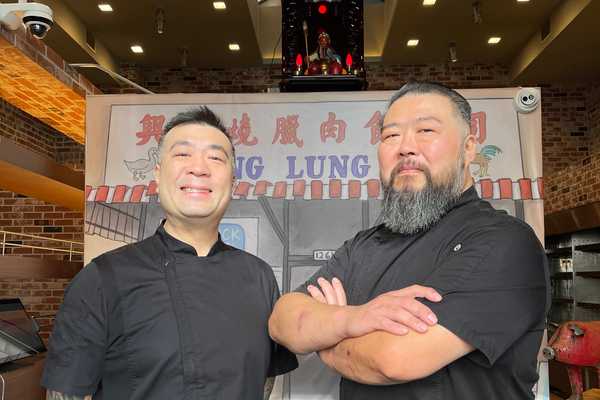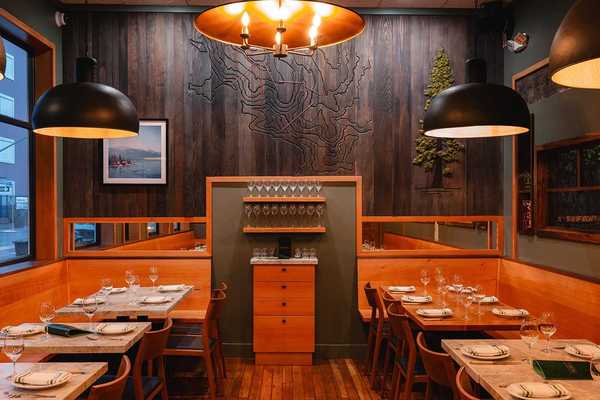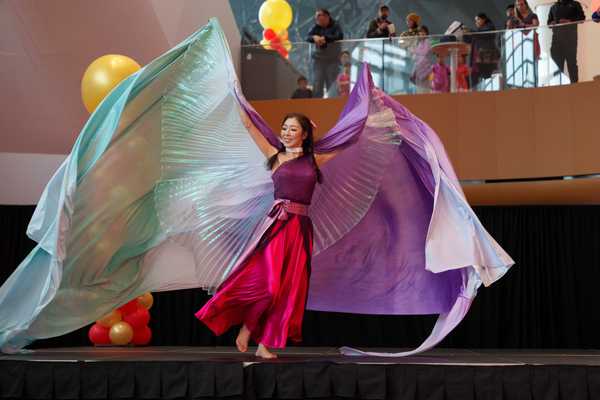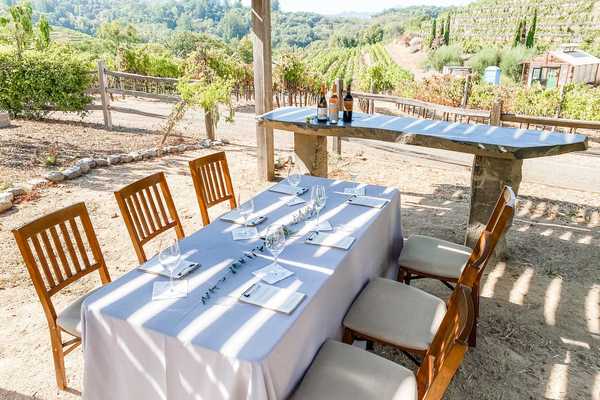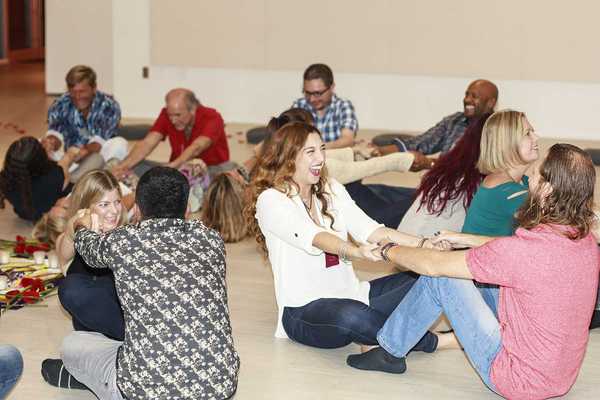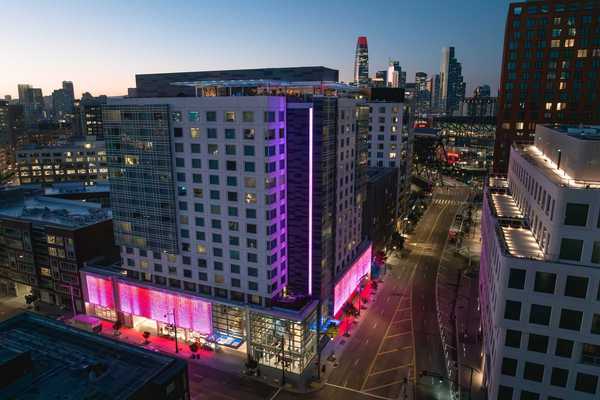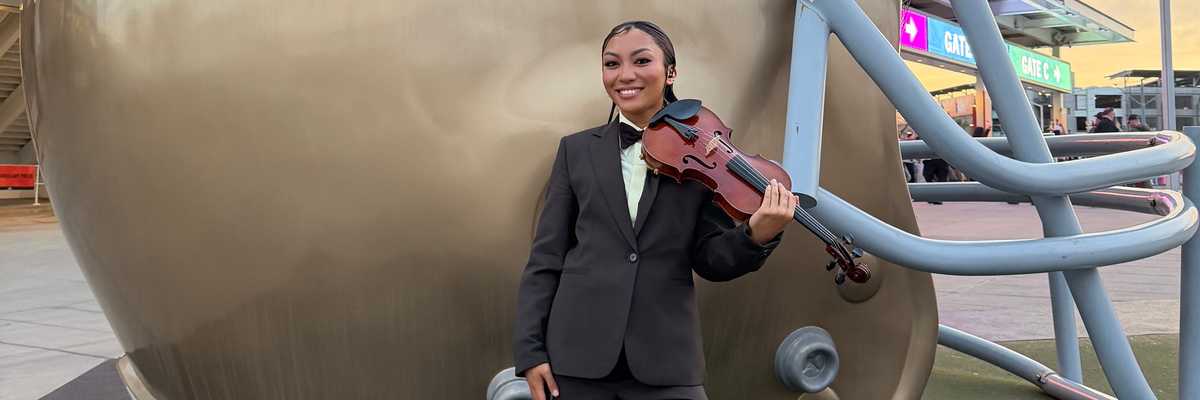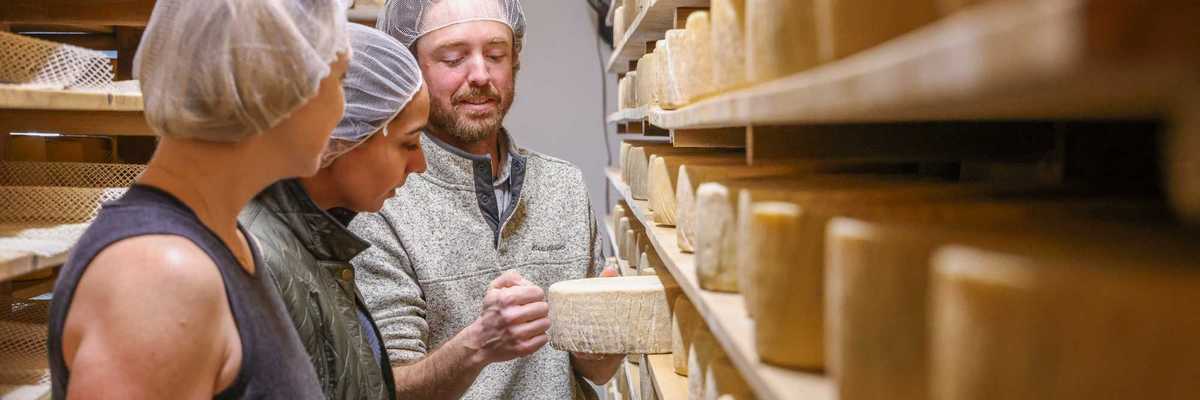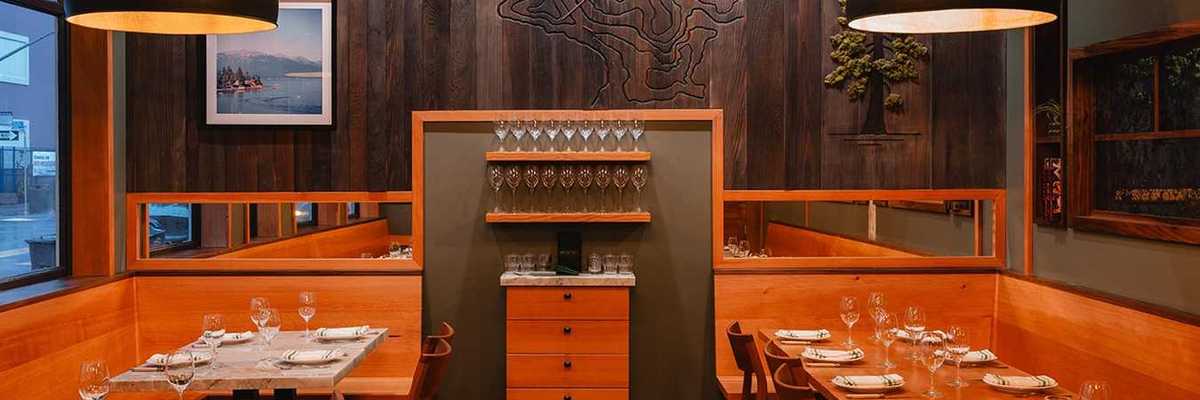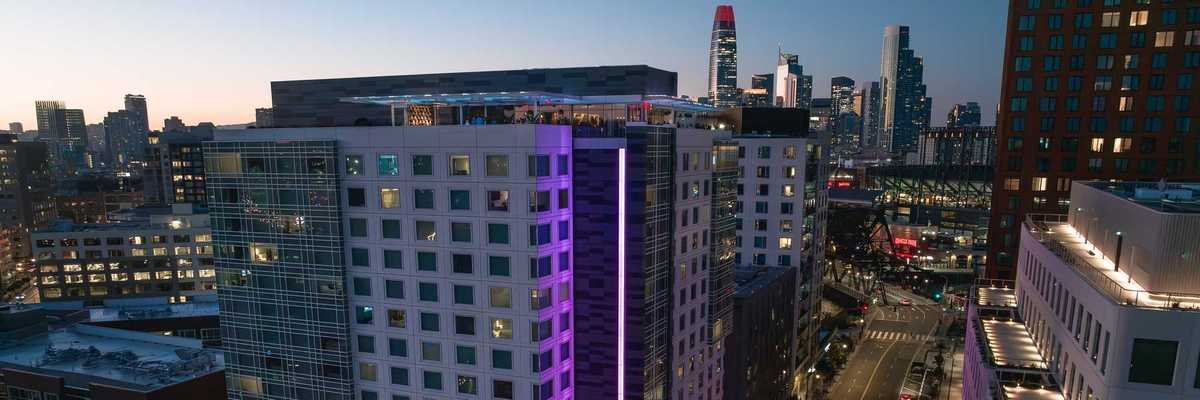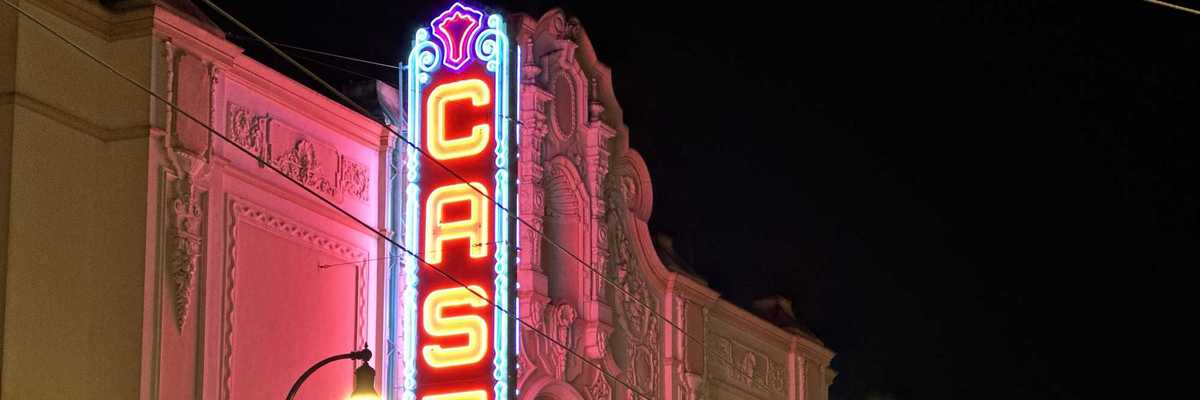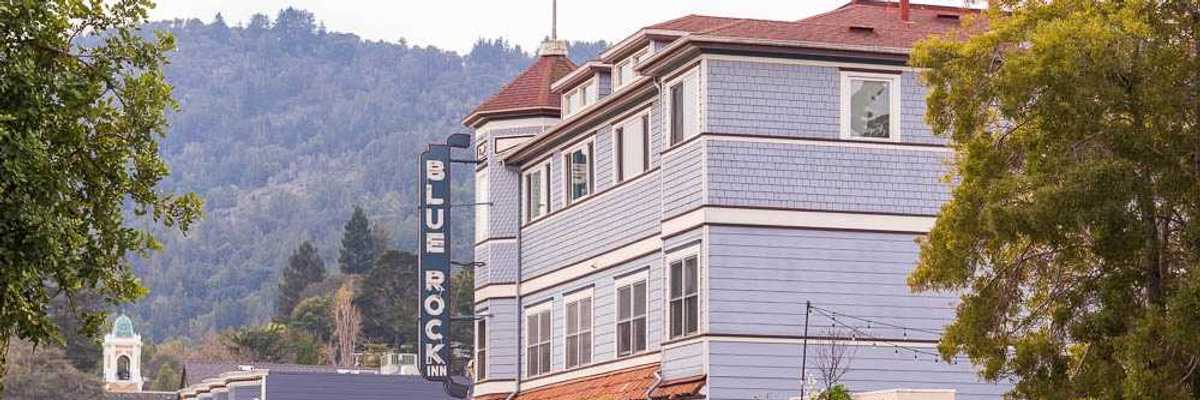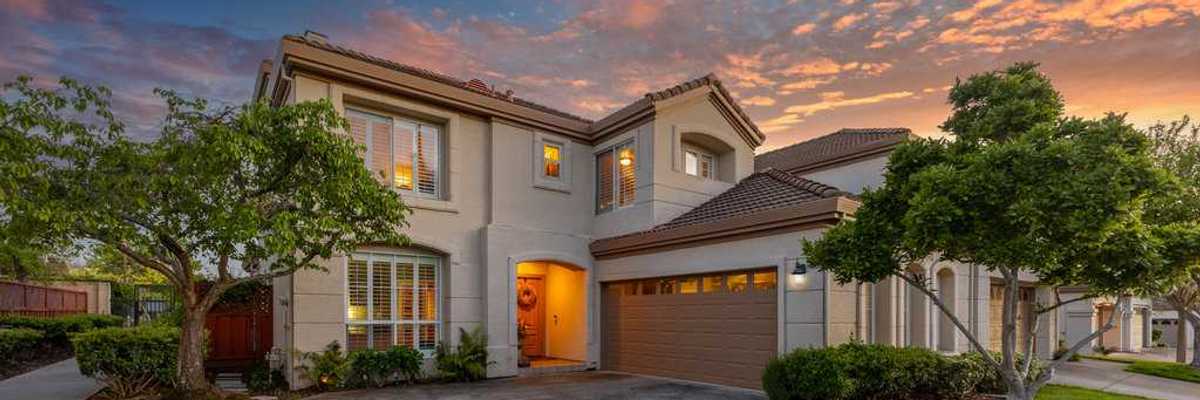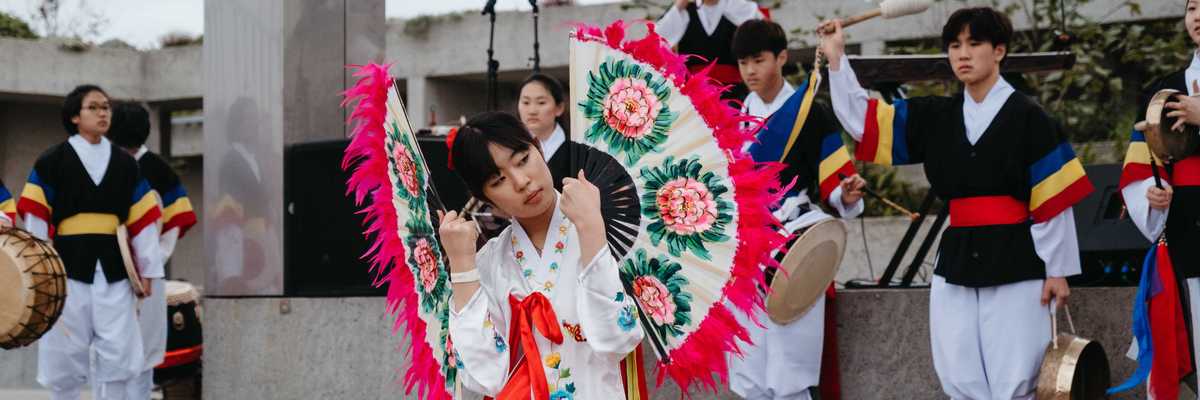From the beginning, Bianka Alloyn Brunson and Sabreen Naimah Wilkes, co-owners of West Oakland–based Cute Coffee, have stood strong against the tyranny of the bean.
In the cold steel-and-marble aesthetic dominating coffee shops around California and the sober self-importance that has crept its way into every third wave cup, the two knew something was missing.
"We did a lot of market research without realizing we were doing market research. What do we like? What don't we like?" explains Brunson.
"We weren't seeing a lot of fun being had," Wilkes chimes in.
"Yeah," seconds Brunson. "What happened to the fun?!"
Even over the phone, their energy is infectious.
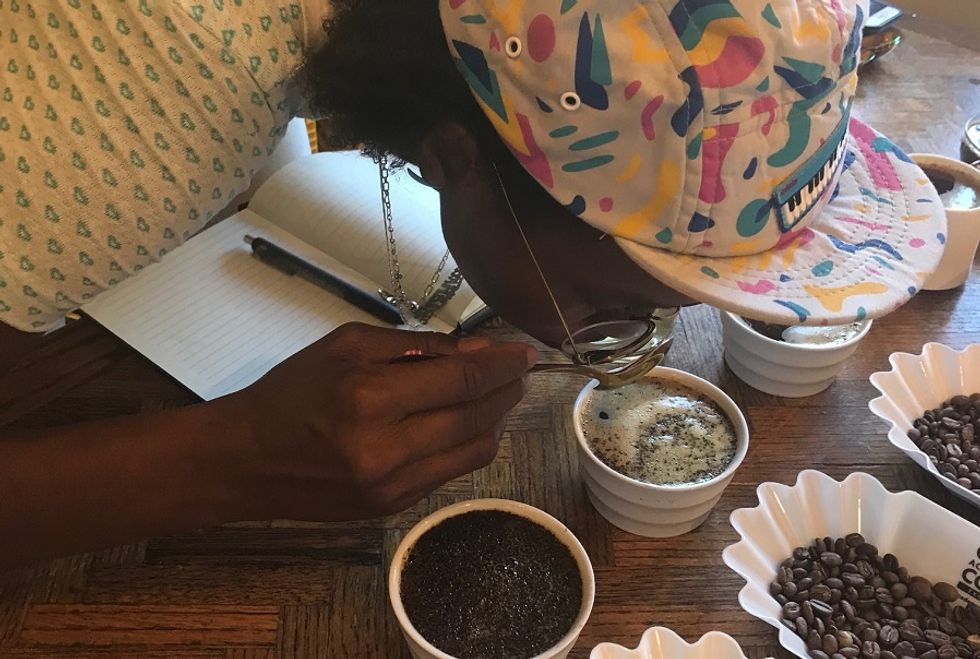
Brunson and Wilkes met five years before launching Cute Coffee at Menotti's in Venice, CA. For a decade, Brunson had been honing her barista skills behind counters in Baltimore, Chicago, and San Francisco, pulling cappuccinos and shots of espresso for a clientele of creative, dynamic coffee lovers. Wilkes, a designer specializing in head pieces for companies like Urban Outfitters, was among them. Brunson, an artist and musician herself, was on the cusp of launching a DIY interview talk show, "Coffee & Conversations," from her 300-square-foot apartment.
The two got to talking and eventually established their own coffee company and a co-roasting space in Long Beach called Sunny Side Up. It wasn't long after, however, that that they were forced to abandon their operation after discovering their landlord had illegally rented them the coffee roasting space. The two moved north and, in 2019, re-launched in West Oakland under the name Cute Coffee, the C.C. initials an homage to Brunson's old talk show.
"We want people to experience joy and happiness. We don't want people to feel low when they see our bag of coffee, we want you to feel this passion, and feel the love and just kind of light up your spirit, even if it's just for a moment," explains Brunson.
Not everyone was immediately onboard with their new name and look. "Our advisor at the time was kinda like, are you guys sure? Cute Coffee? We were like, yes!" recalls Wilkes. "I said, who doesn't love cute things," laughs Brunson. With their artistic and design backgrounds, the two incorporated their sense of fun and vitality into the company's Instagram-friendly branding, opting for a playful logo of a striped heart-shaped sun emerging from a cup of Cute Coffee; bags of beans are sealed with rainbow glitter and hologram stickers.
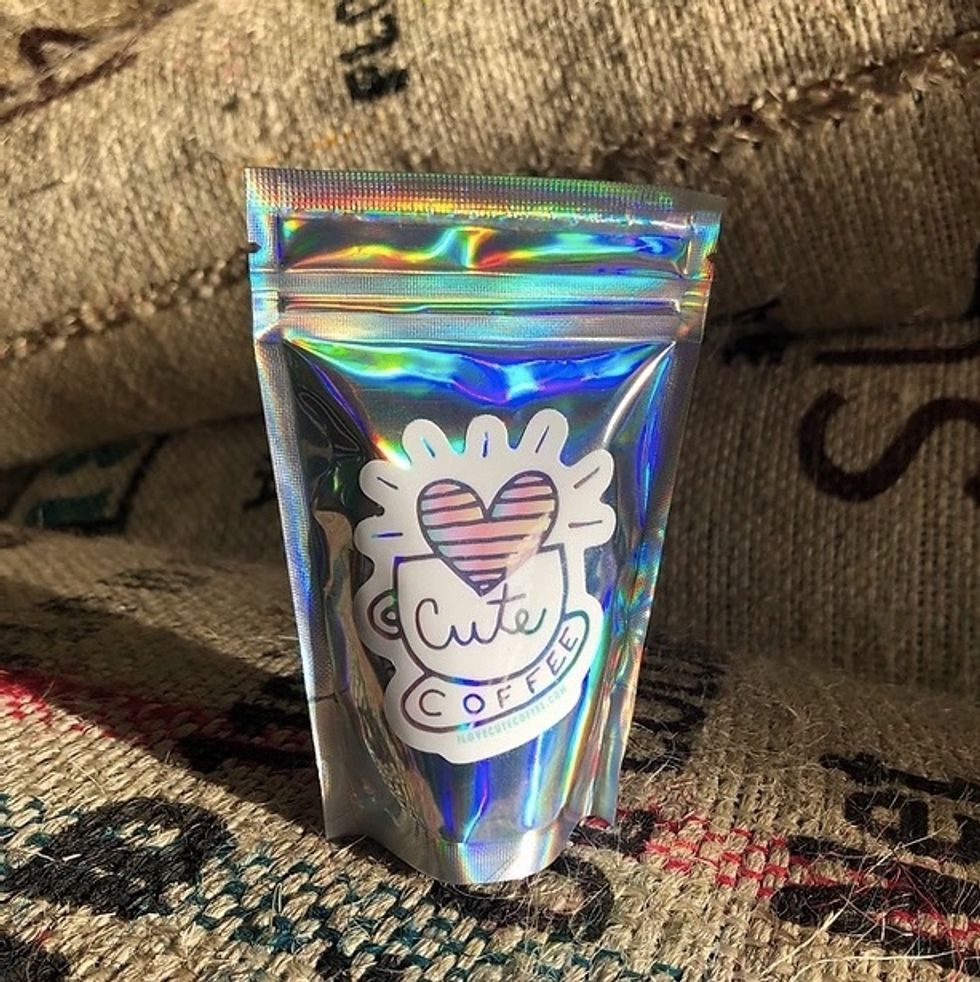
But while their approach to coffee is light-hearted, Brunson and Wilkes are intensely knowledgeable about their beloved beans and the entire process of making of coffee, from farm to cup. They take seriously their responsibility not just to promote fair wages for farmers and pickers, but to specifically seek out and collaborate directly with coffee operations that are run primarily by women and their families instead of going through established "fair trade" channels.
With fair trade, explain Brunson and Wilkes, the price of coffee is set by a middleman importer based on what the market can bear. While the profit made by coffee farmers and pickers in fair trade relationships is higher than operations that do not support fair trade, often those on the growing and gathering side of the process—particularly women—are not paid what they deserve.
"Knowing what's really happening on the farms [that participate in fair trade operations], I said to myself, I don't want to be a part of that," Brunson says. "We know a lot of farms are being run by women but they're not getting the credit. A lot of times, they're not even getting the money."
By cutting out the middleman, the duo has established personal relationships with women-led farms from diverse microclimates around Central America. They purchase arabica bourbon—honeyed, sun-shade dried beans that produce aromas of blueberry, tamarind, and pomegranate—from the Urrutia family's fourth-generation Monte Sión farm in El Salvador's Apaneca Mountains. In the Santa Elena region of Honduras, Cute Coffee partners with graduates of the Catracha Quality Project, a community of small-scale farmers who have learned elevated organic farming and sustainability techniques, including the Perez family, whose two-acre La Violin farm produces a dark chocolatey, caramel-y catuai. Cute Coffee's current roast, This Is Marigold, made from caturra beans with a fruity sweetness, hails from the third-generation Zamari Coffee Estate in the Cachí Valley of Costa Rica.
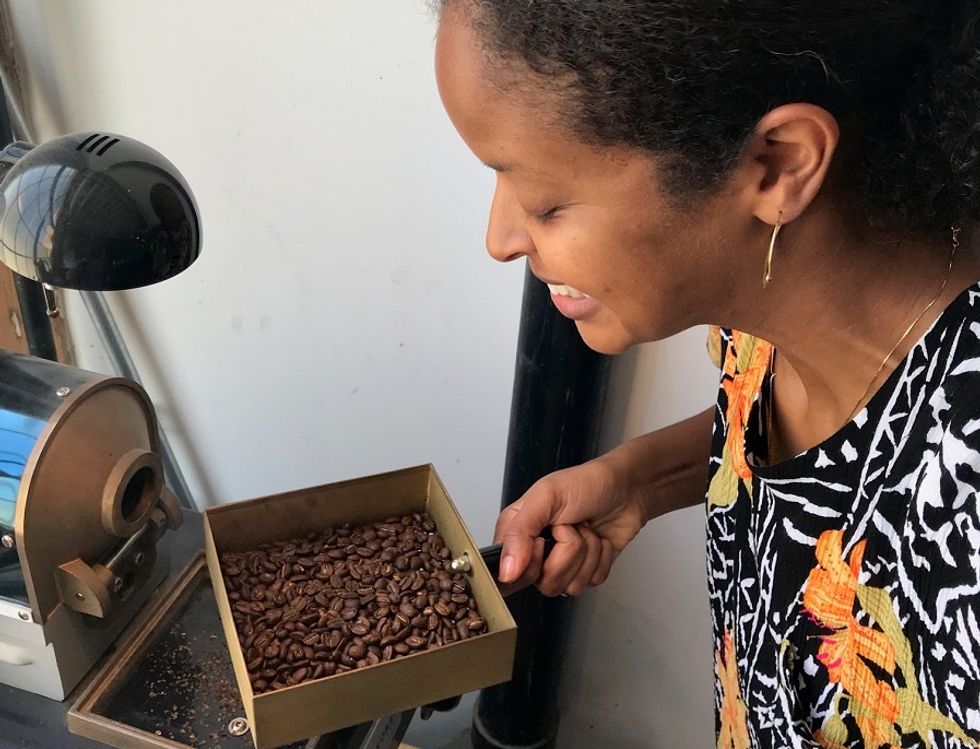
Brunson and Wilkes roast small batches of their beans frequently for optimal freshness at a West Oakland co-roasting space they share with the Mission's Grand Coffee and two other small roasters. They sell them through the Cute Coffee website and onsite at Oakland's The Cat House. Cute Coffee is also one of the first products to be included in the ethical pantry at Mill Valley's Poet and the Bench, a sustainable champion of local artistry and craftsmanship.
Cute Coffee was "a great fit for us," says Bonnie Powers, co-owner and shop curator at Poet and the Bench. "We get to tell their story and also amplify the fact that they are two Black women in the LGBTQ space, and also this bigger story of their mission to work almost exclusively with women-led farms."
From Marin to the East Bay, the region is now Brunson and Wilkes' medium-roast oyster. And with coffee shipments back on track after a temporary pandemic-related glitch in the system, they hope to expand the coming year's operations to include family-farmed beans from Africa. The pair are also contemplating a post-pandemic mobile coffee truck to not just serve Cute Coffee's carefully selected and roasted brews, but to coax curiosity and joy out of each sustainably grown and equitably purchased cup.
"There are more aromatic compounds in coffee than there are in wine," explains Brunson, and because each farm they partner with has different processes for washing and fermenting the beans, "they are really bringing out some flavors that people don't even know exist in coffee. It's really amazing what can happen when people do things differently."
// Purchase Cute Coffee at Poet and the Bench (11 Throckmorton, Mill Valley, poetandthebench.com) and at ilovecutecoffee.com.



